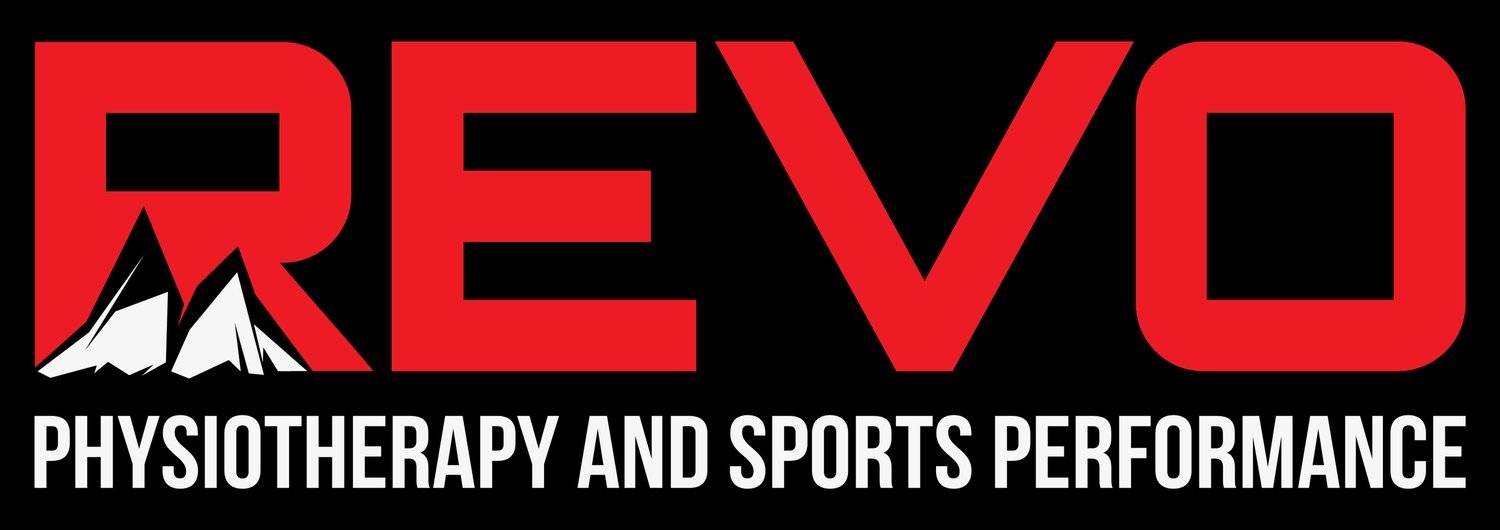Road to success: Why strength training is vital for runners
It’s no secret that runners run. They love it - it’s what they do. It’s also no secret that many runners struggle with strength training, and we find this happens for a lot of reasons. Some aren’t sure how to work it into their training, others are concerned they’ll bulk up, still more just aren’t sure where to start or what movements to do, and a few left over who feel like doing a couple minutes of body weight exercises will suffice. We’ve encountered every single one of these issues and have helped folks navigate their questions, insecurities, or even preconceived notions to better performance through intelligent, guided strength training. Whether you're a seasoned marathoner or just starting your running journey, incorporating strength training into your routine can be rocket fuel to becoming a stronger, faster, and more injury-resistant runner. In this blog post, we'll explore the importance of strength training for runners.
Why strength training?
Injury Prevention
One of the most significant benefits of strength training for runners is injury prevention. Running is a high-impact, plyometric activity that puts a lot of stress on your muscles, tendons, and joints. By strengthening the muscles surrounding these primary movers, you can reduce the risk of common injuries like shin splints, knee pain, and Achilles tendonitis. Strength training builds tissue capacity & resiliency, which we constantly test through the rigors of training. Simply put, stronger tissues are more resilient to injury.
Improved running economy
Strength training raises the floor of your overall athletic performance, including your running economy. A stronger body is able to cover more ground in less time, simply by being able to put more force into the ground with each stride. For example, the average steps per mile running is around 1500. For a marathon, that’s 39,300 steps! Imagine if you took only 100 fewer steps per mile. That’s nearly 3,000 fewer steps over the course of 26.2 miles, which was previously 2 full miles worth of work! Strength training allows you to use your energy more efficiently, resulting in better race times and less fatigue.
Increased power and speed
Strength training can lead to increased power and speed, both essential for competitive runners. Exercises like squats, lunges, and plyometrics can help you generate more force with each stride, ultimately making you faster on the track or trail.
Better endurance
Believe it or not, smartly programmed strength training (literally, what we do) does improve your cardiovascular baseline and doesn’t have to take away from your training. It’s quite simple - stronger muscles can withstand fatigue for longer periods.
Key Principles
Progressive overload
This is the crux of all strength training, no matter your sport, but one that is missed frequently by runners. Progressive overload simply means continually challenging your muscles to adapt. We do this in strength training by changing weight, reps, tempo, or intensity. If you’re doing 3x10 body weight squats for 3 months, you’ll plateau with your strength and performance.
Balance & Specificity
A sound strength training program should target the muscle groups most relevant to running. These are calves, quads, glutes, core/trunk, & hamstrings, and even the upper body. It's essential to strike a balance between these muscle groups to avoid overtraining and maintain energy levels for your runs.
Core strength
It’s no secret your core muscles are integral to your running performance. Their function and performance is crucial to get the most out of your stride.
Mobility & Flexibility
Running is a mid-range of motion sport that doesn’t require much, but access to appropriate range is important to avoid stride asymmetries, which can lead to injury. Again, well-programmed strength training loads you through a range of motion and will improve your mobility and flexibility much more effectively than static stretching
Conclusion
Strength training is a game-changer for runners of all levels and abilities. It can improve running economy, help prevent injury, increase power and speed, and level up your endurance. Those are things EVERY RUNNER asks us about, all the time. So what are you waiting for? Call us, email us, walk in for a chat and look around, or just show up for a class. No matter your chosen entry point, you NEED to be in here!

